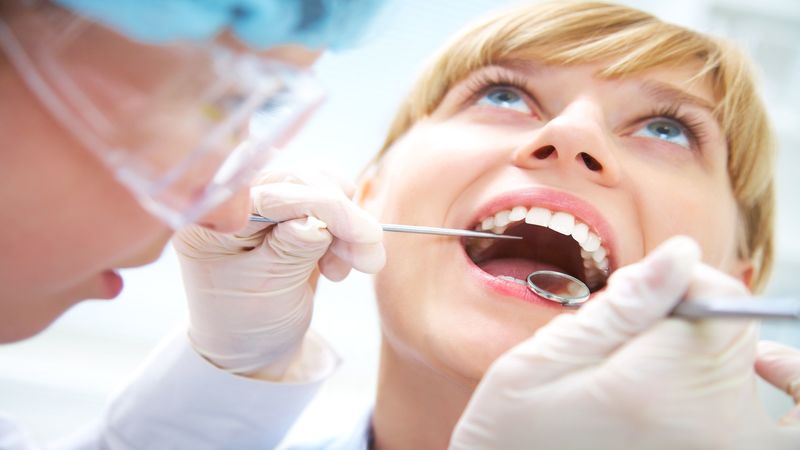A General Dentist in Midwest City OK must be well-taught in TMJ disorders if he or she is to perform this kind of surgery. These joints, along with other nearby structures and those attached to them, must be in perfect balance to function properly. However, TMJ structures may not work in harmony, and there may be some abnormal joint movements, with or without pain.
Prevalence
TMJ disorders are pervasive. According to figures from American studies, 5 to 12% of people have/will suffer from at least one TMJ disorder. TMJ affects more women than men.
It is unclear whether or not the prevalence of TMJ, which is much higher among women, is due to women being more likely to consult a health professional about their issue than men. It could be that women are biologically and anatomically more likely to suffer from TMJ problems. Indeed, links have been made between the TMJ and oral contraceptives, hormonal fluctuations, estrogen supplements and even the increased flexibility of women that predisposes them to have more unstable joints.
Prevalence also tends to be higher in individuals for whom at least one tooth is missing. Of all people with TMJ, less than 20% will see their condition evolve into a chronic problem. On the other hand, only half of the people with temporomandibular disorders will seek professional help from a General Dentist in Midwest City OK.
Signs and symptoms
The following signs and symptoms may occur when a person has a TMJ disorder:
- Crackling, snapping, rattling, crackling or other noises, either predictable (regular) or unpredictable (intermittent), when opening, closing the mouth or other jaw movements
- A “locking” feeling in the lower jaw when it is in an open or closed position
- Difficulty in opening the mouth, a reduced range when opening the mouth, or a deflection of the lower jaw on one side when opening the mouth
- Pain, tenderness, discomfort, numbness or stiffness, whether constant or intermittent, may occur in front of or near the ears, in the jaw, in individual teeth, and may radiate to the face, neck or shoulders, at rest or during lower jaw movement
- A headache whose origin seems to be located at the temples
There may also be a feeling of pressure near the ears or the temples, especially when waking up. Contact Sunnylane Family Dentistry for more information. You can also visit them on Facebook.


